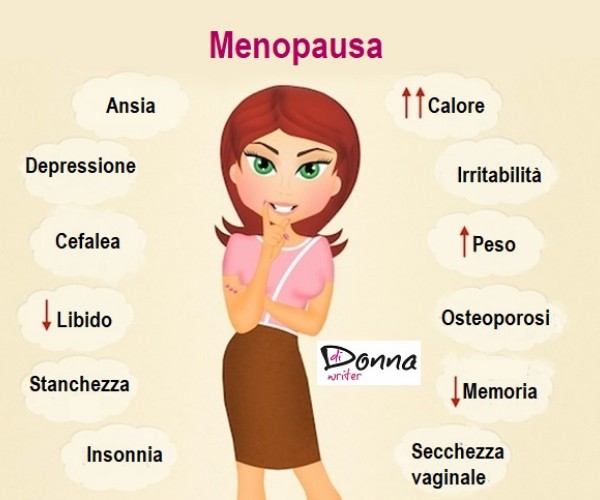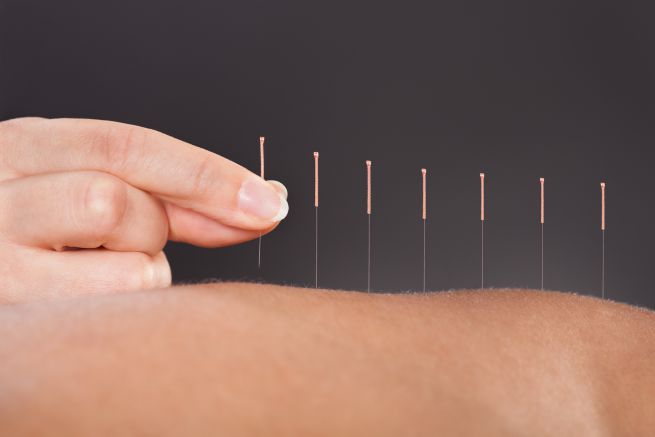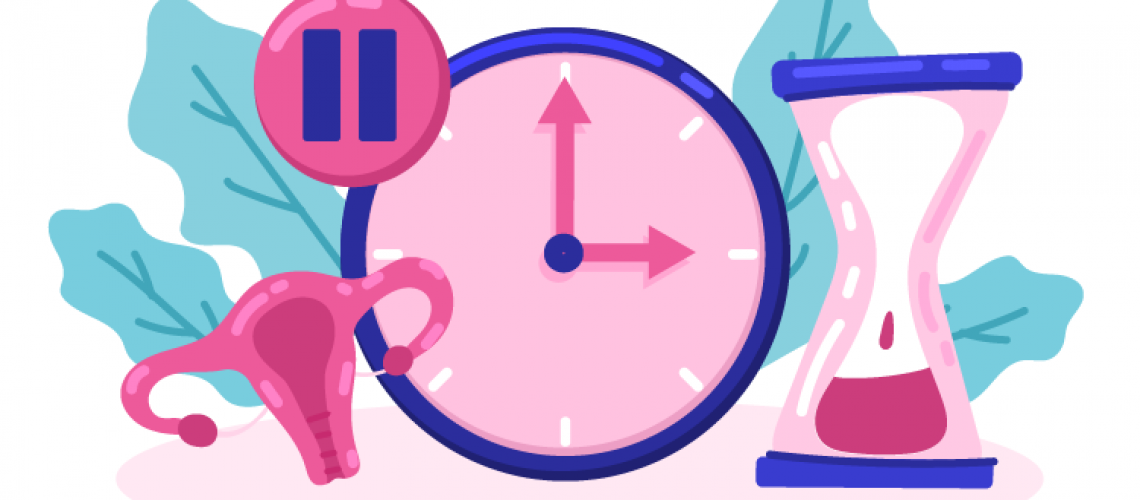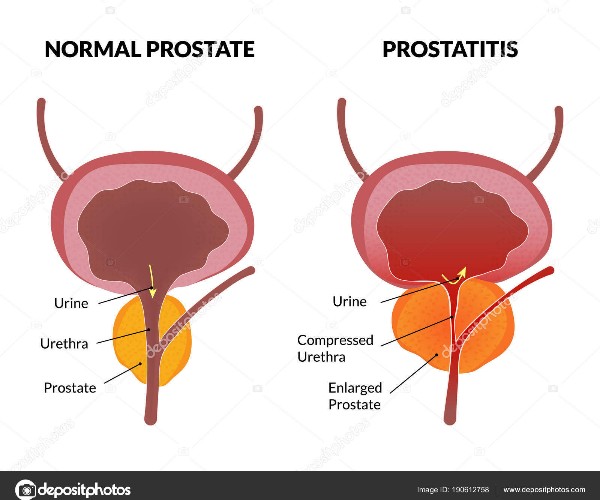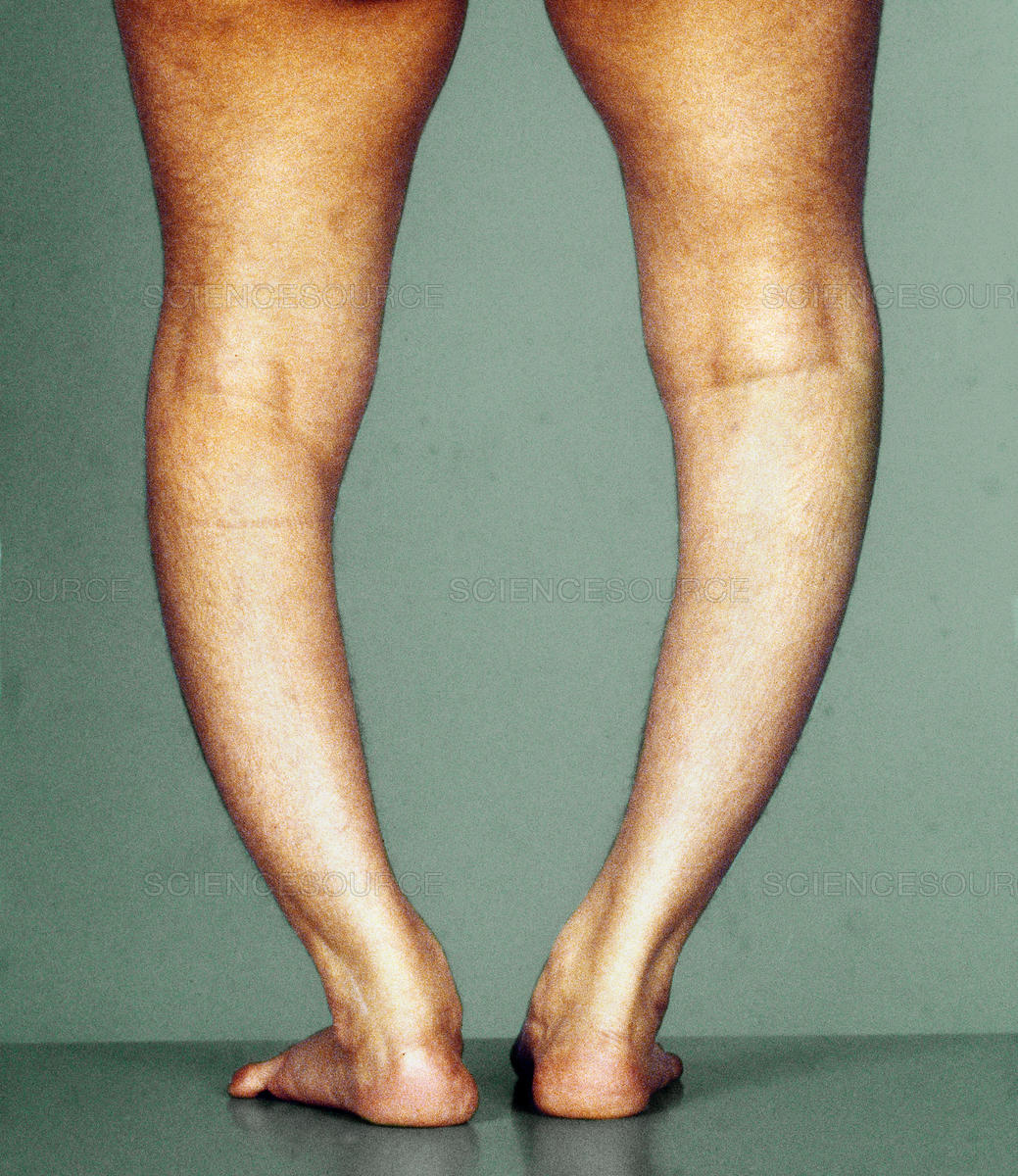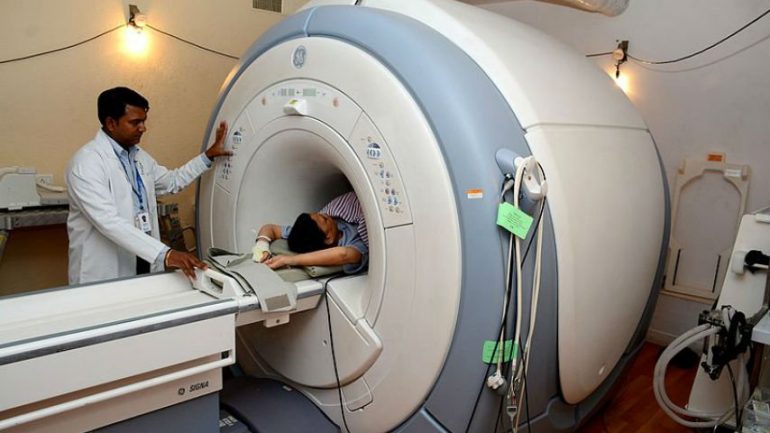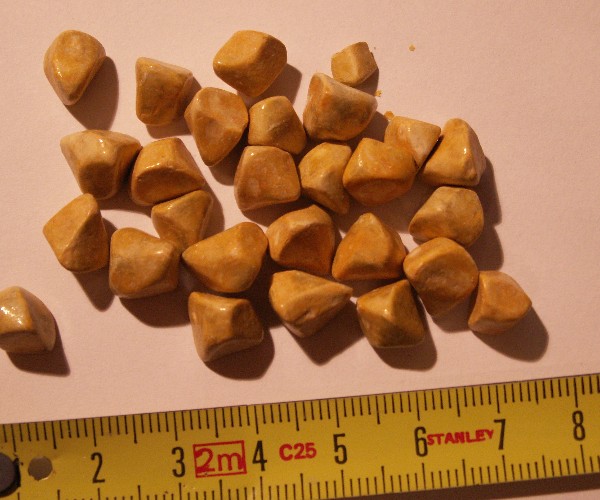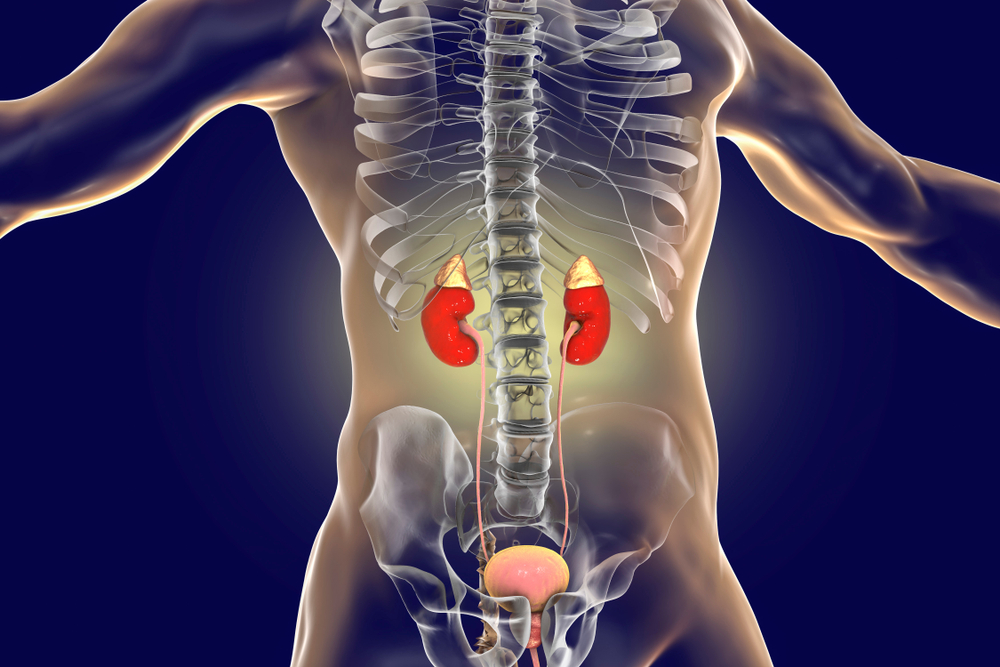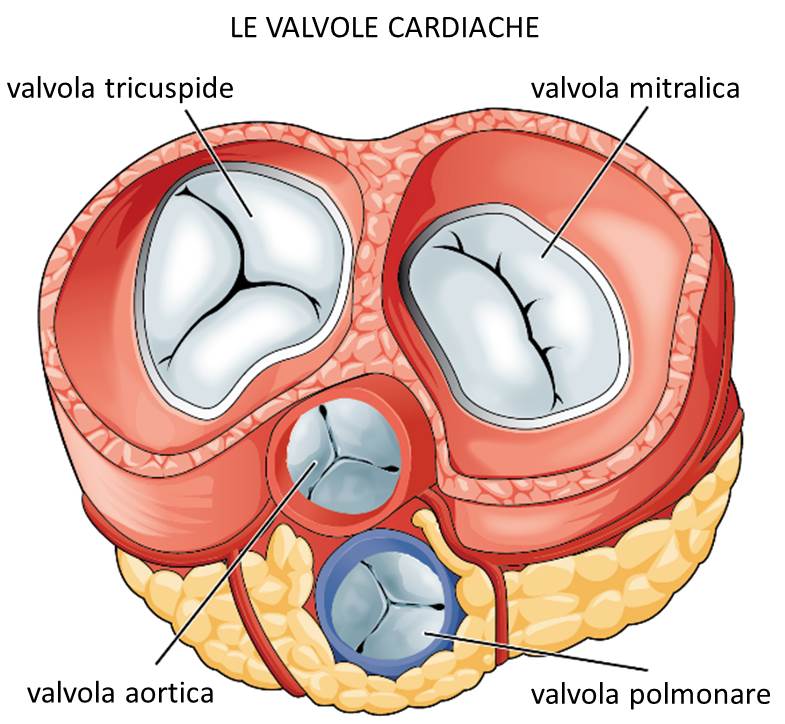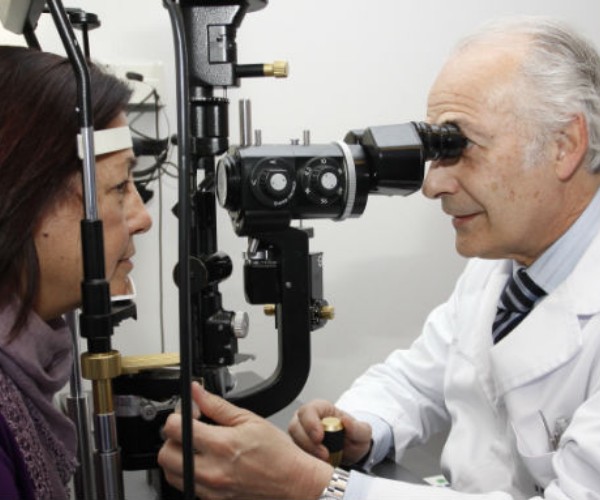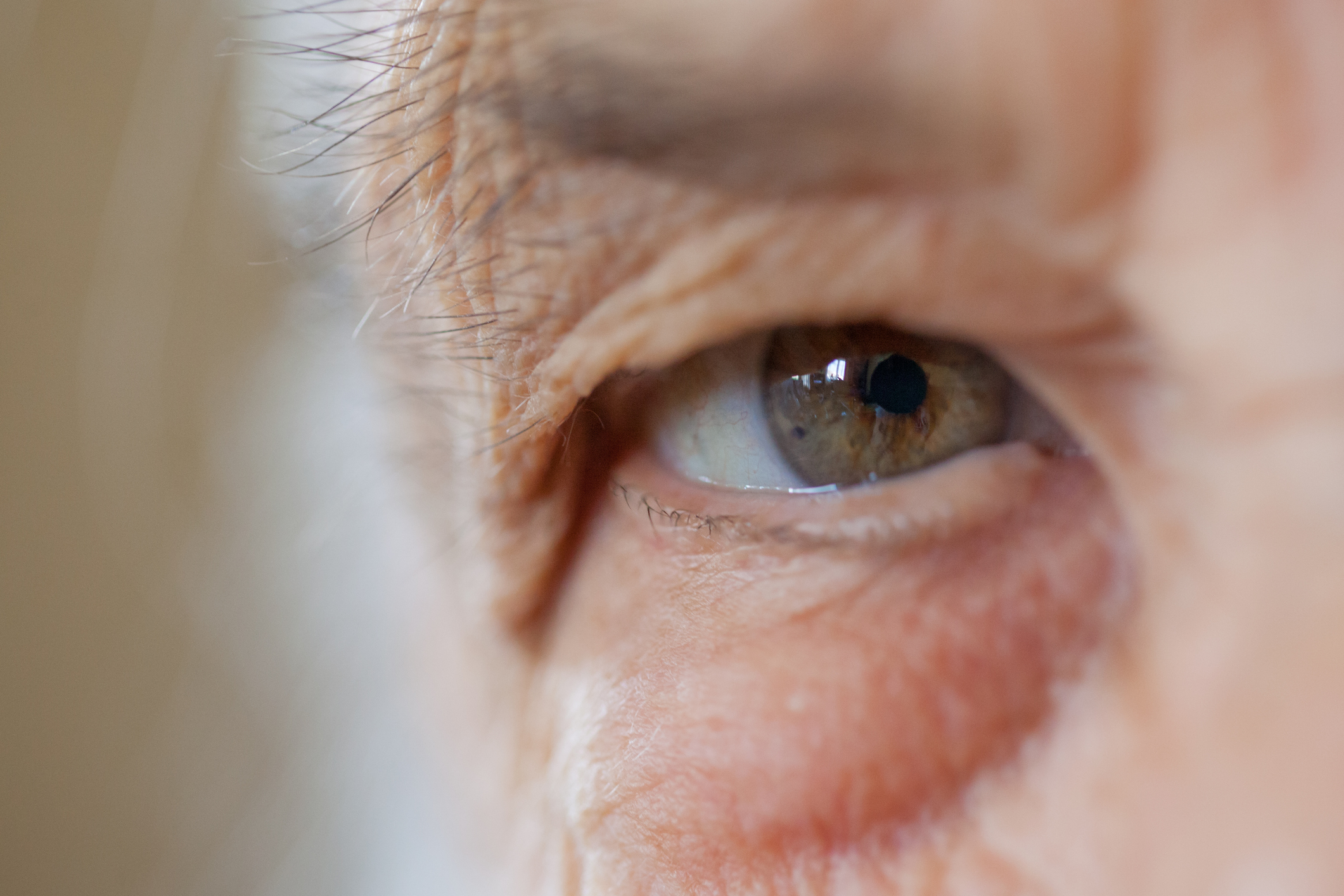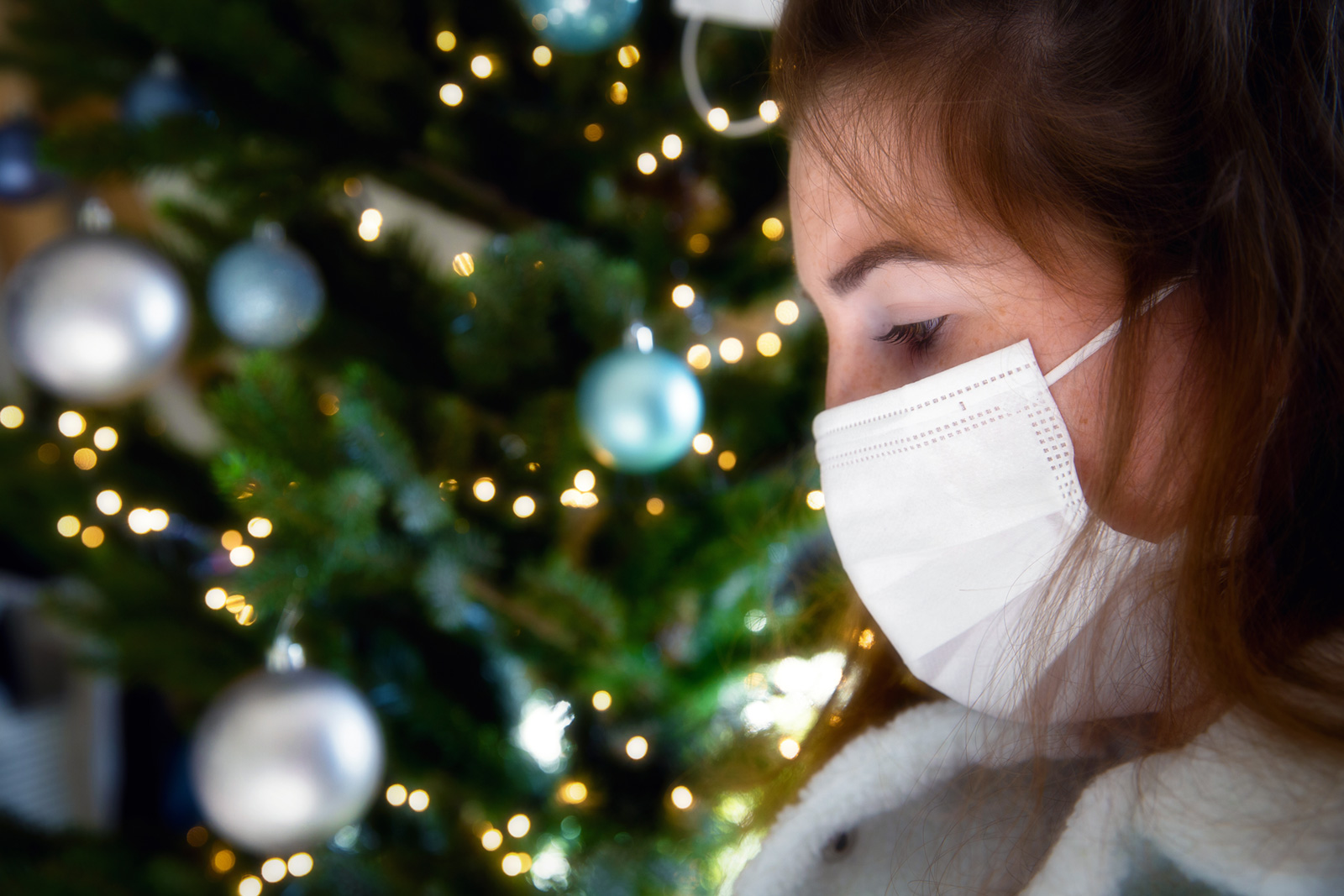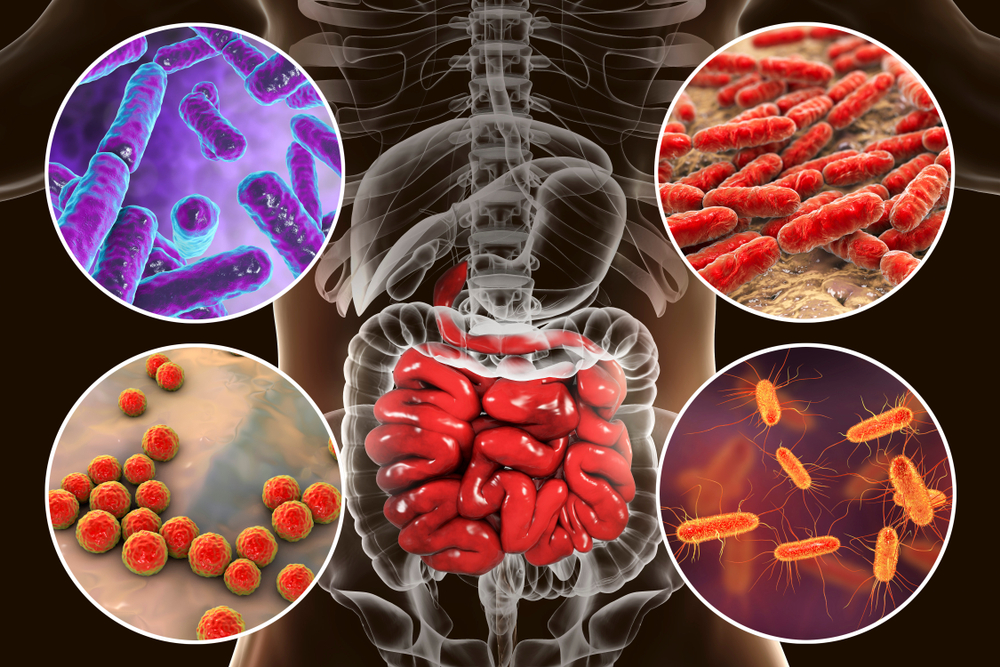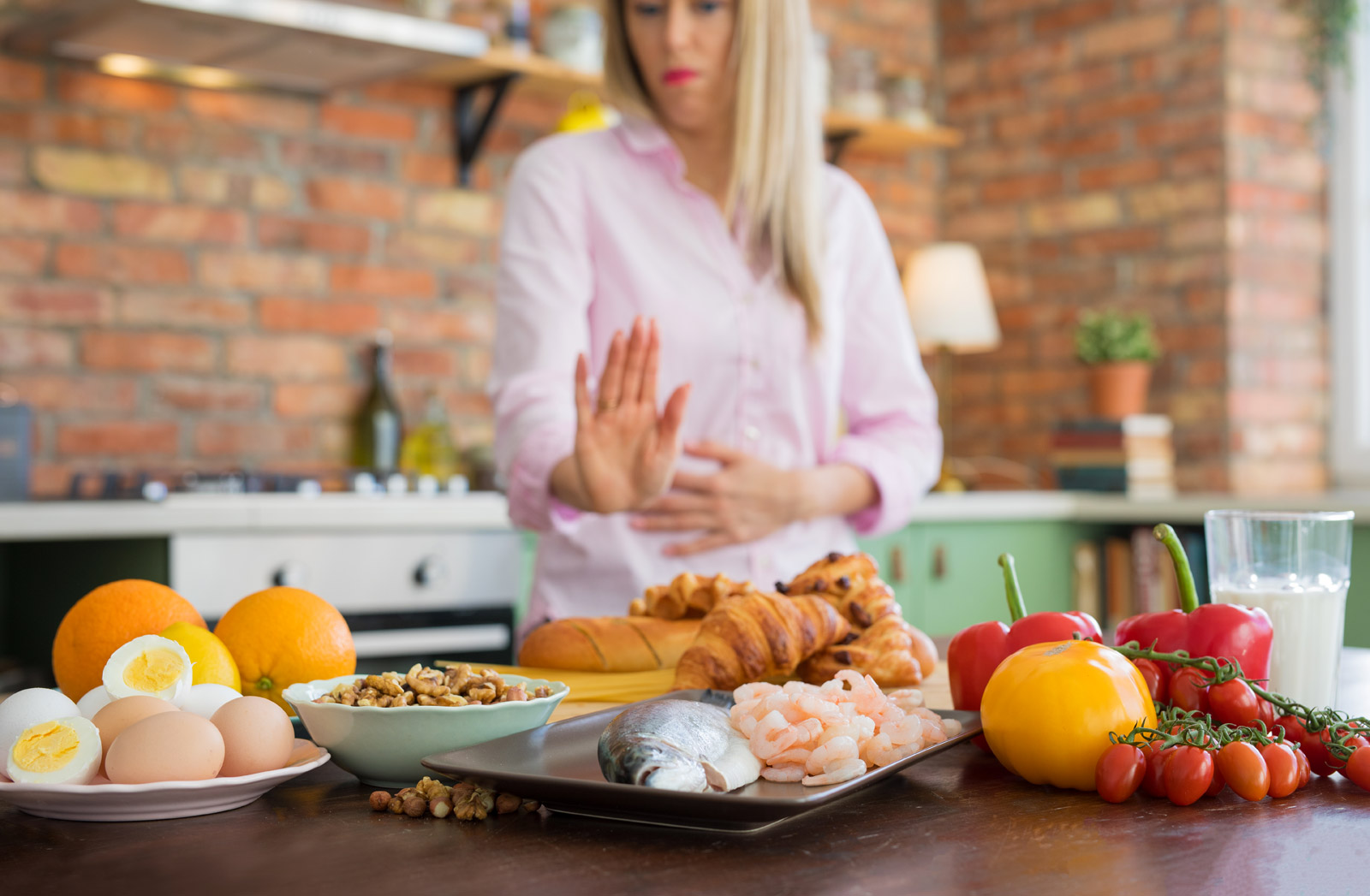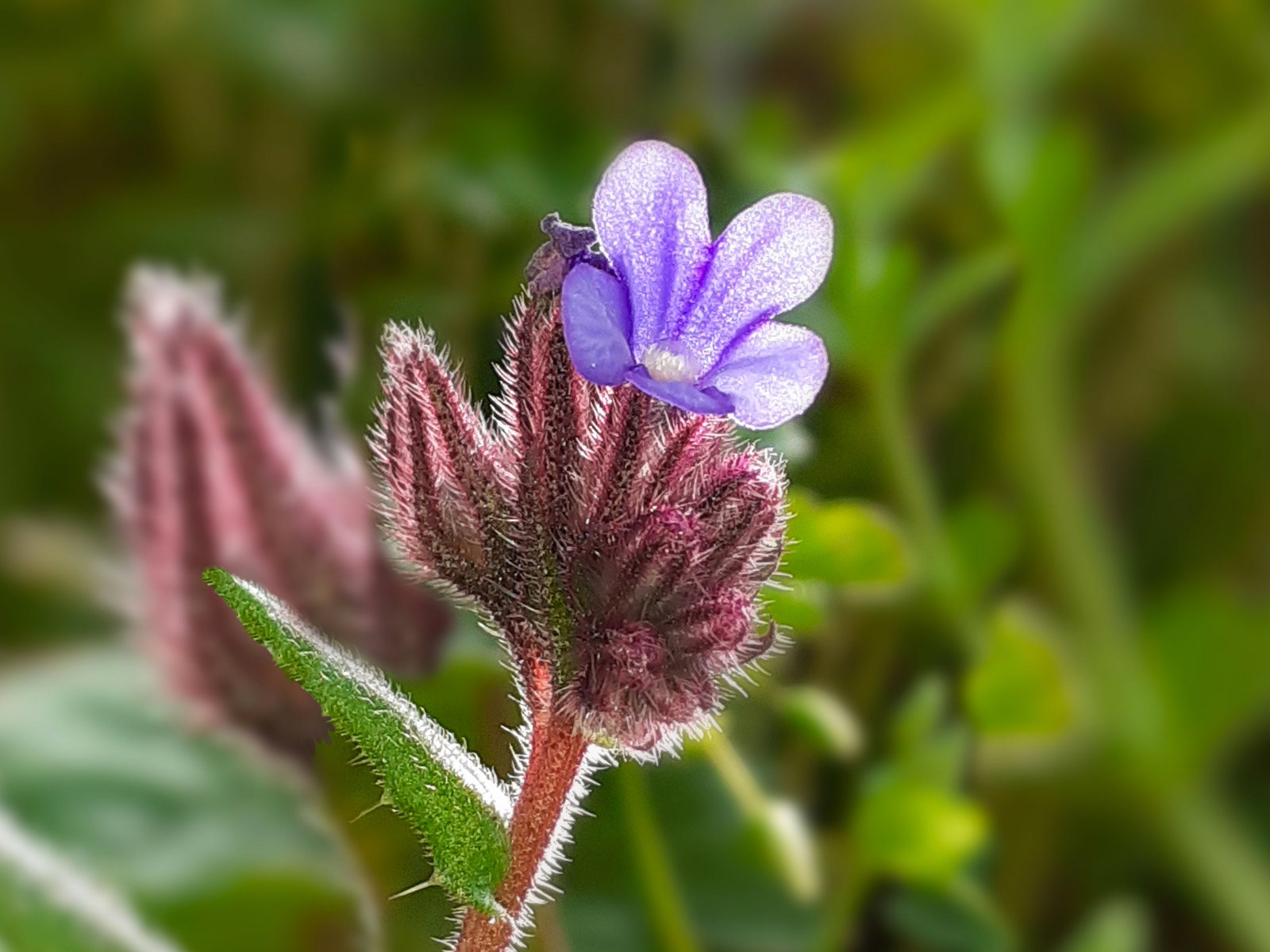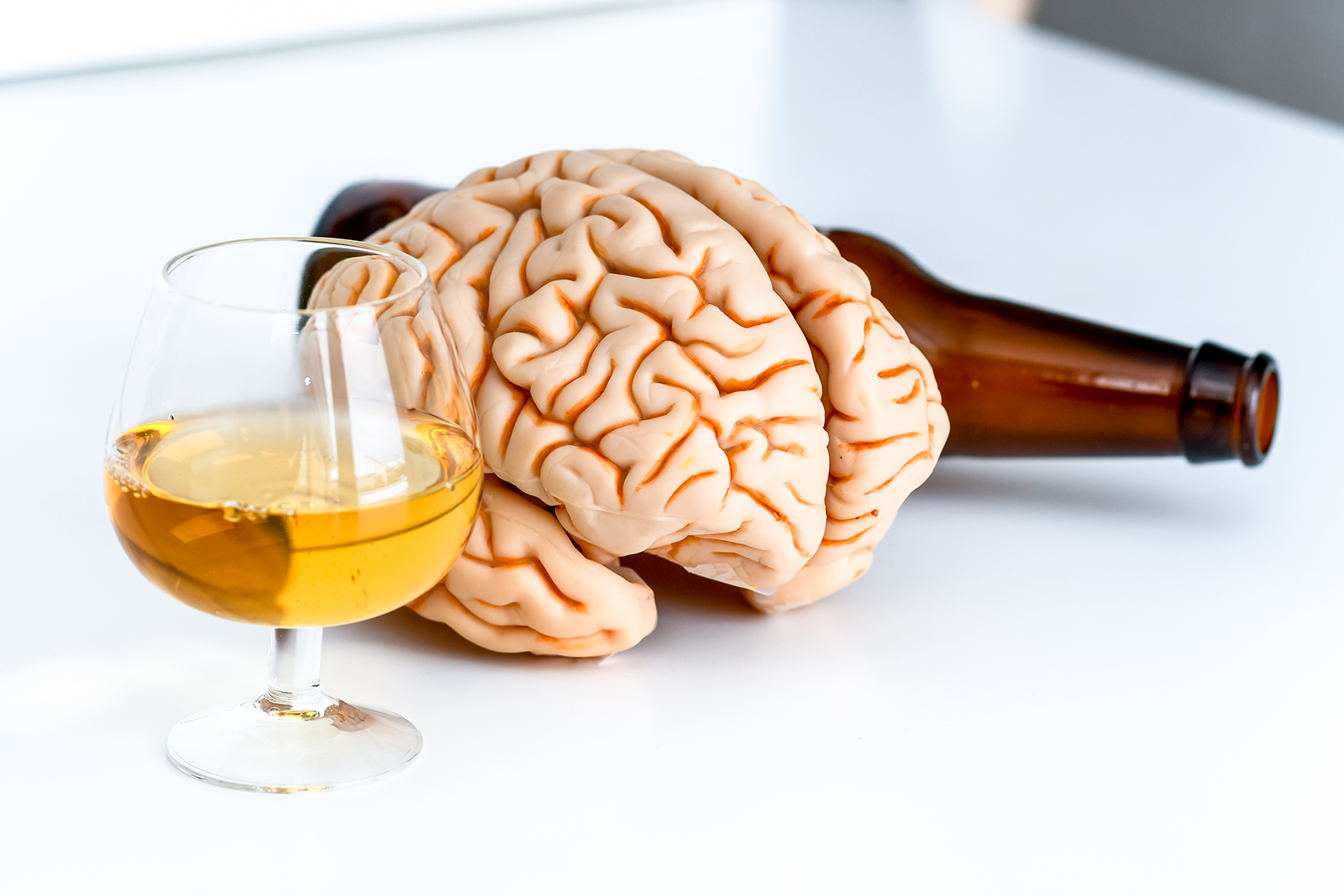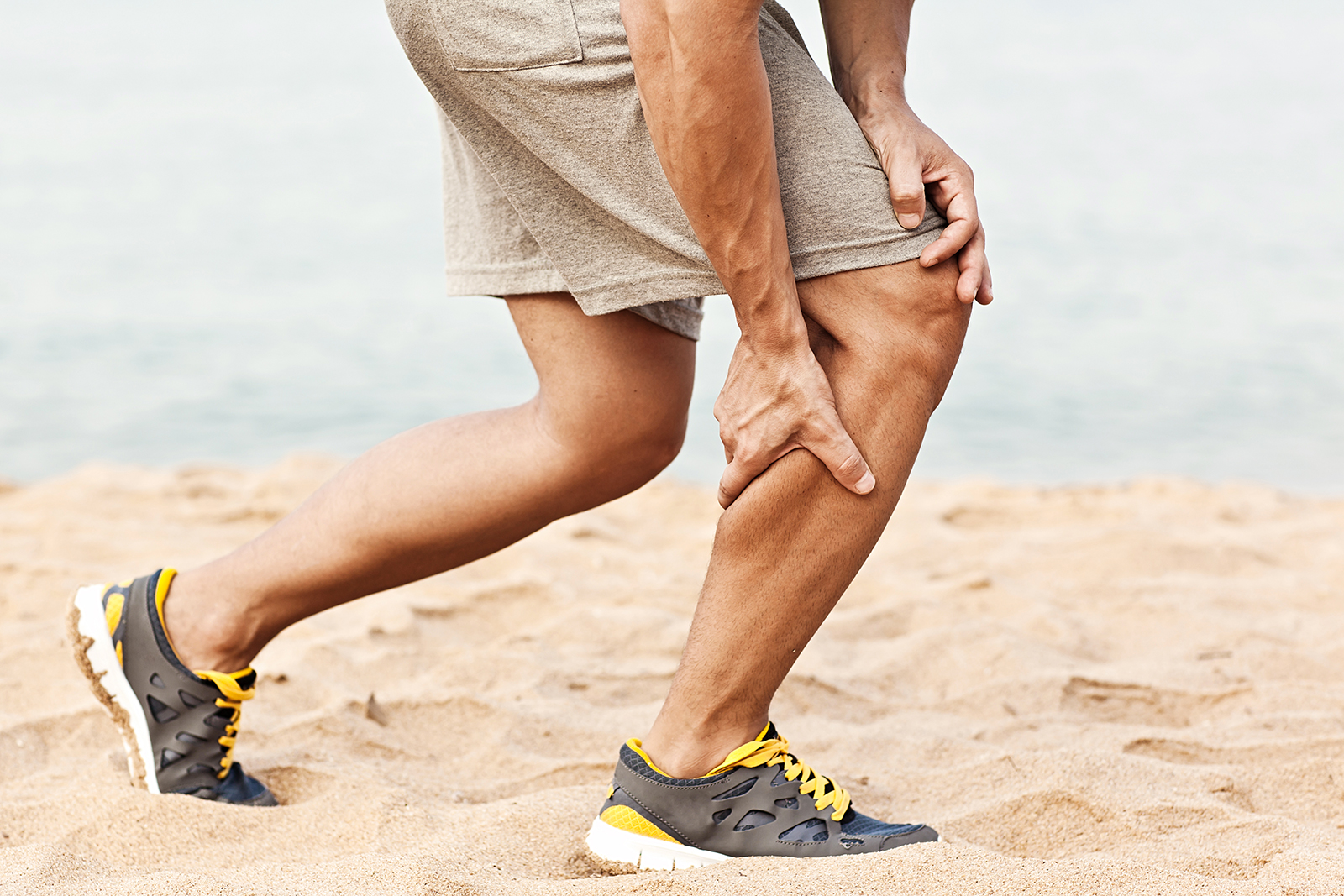1/6 – Is menopause a pathological condition?
Menopause is a physiological phase in a woman’s life that can involve discomfort, but it is a phase that can be seen as an opportunity to take care of oneself and learn how to correct any lifestyles and poor dietary choices.
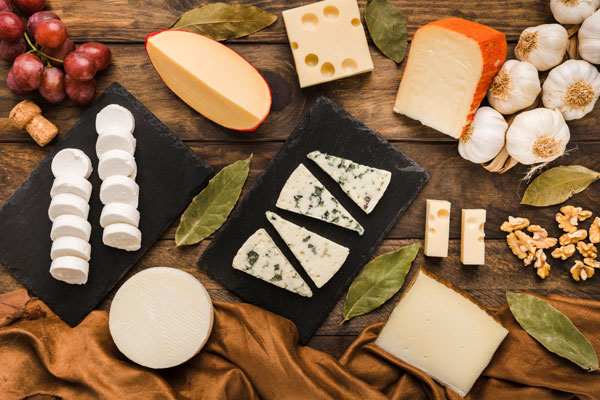
2/6 – Are the only sources of calcium just milk and cheese?
In menopause, one needs adequate calcium intake from foods for the prevention of osteoporosis. Calcium is not only contained in milk and cheese, but other good sources of calcium are vegetables such as broccoli and cabbage, blue fish, especially small fish (such as anchovies, sardines, tin cans) these fish can be eaten with the whole bone. Calcium is also found in some shellfish and crustaceans. Let us not forget that calcium is also contained in water. In all these forms, calcium turns out to be well absorbable.
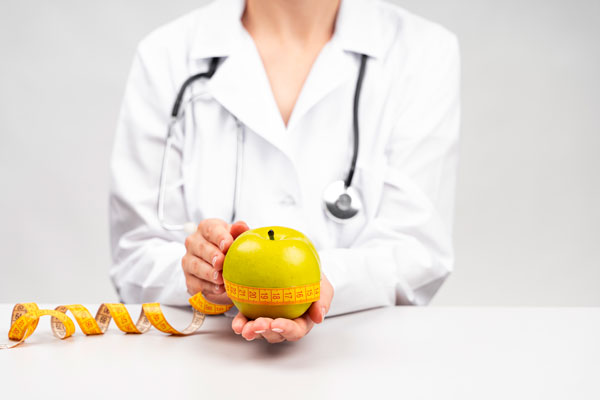
3/6 – Do you gain weight in menopause and never lose it again?
Often menopausal women complain that they have gained weight and especially waist circumference, and this gain they no longer lose. Instead, by following a proper diet, distributing the energy introduced from food throughout the day and paying attention to the choice of food, one can lose weight and decrease waist circumference. Let’s not forget to combine it with appropriate physical activity.

4/6 – Should you not eat sweets?
Sweets should be eaten with care by consuming them in small amounts and very infrequently. During the menopausal period, cravings for sweets may increase, so to alleviate cravings for sweet foods, you can eat a few squares of dark chocolate from 70 percent and up within the week.
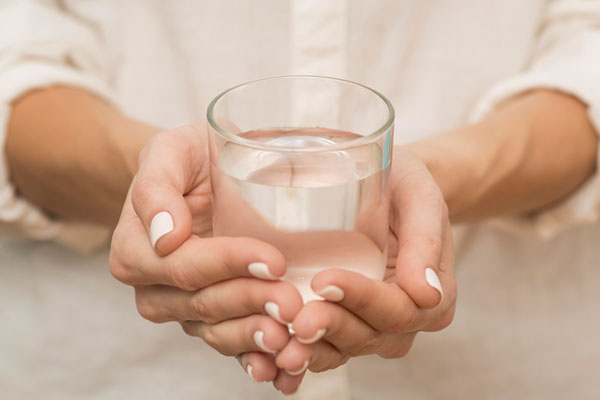
5/6 – Better to drink little to avoid bloating?
It is important to drink, as it helps to hydrate the body to keep the skin moisturized. It is important to have good daily hydration, getting to drink at least 1.5 liters of water a day, which corresponds to about 8 glasses.
To avoid boredom in drinking water you can flavor it by adding a squeeze of lemon or orange or other fruits; very useful can be using infusions and herbal teas without adding sugar and honey.
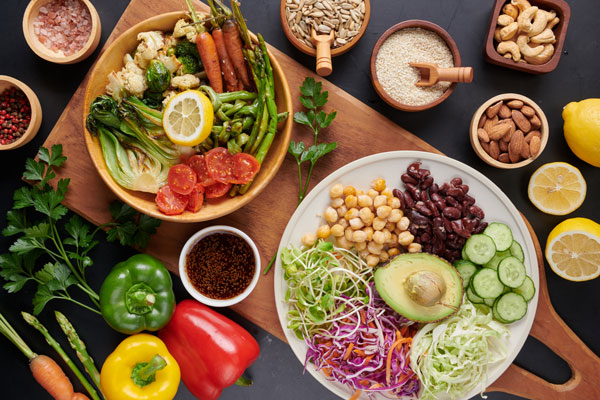
6/6 – Should certain foods not be eaten?
During the menopausal period, the use of foods containing phytoestrogens may be helpful. They are so called because they have a chemical structure that closely resembles that of female hormones; these substances would seem to be able to reduce the discomfort associated with menopause. The phytoestrogens are: isoflavones, lignans and chlumestans.
Isoflavones are found in legumes (soybeans, peas, beans, lentils) but also in fennel, buckwheat, and brussels sprouts.
Lignans are found in sunflower oil, olive oil, sesame and flax seeds, garlic, onion and fennel, fruits such as apples, pears and cherries, and beer, while chlumestans are found in sprouts.
–
Edited by Dr. Maria Chiara Villa
Specialist in Food Science – Milan






